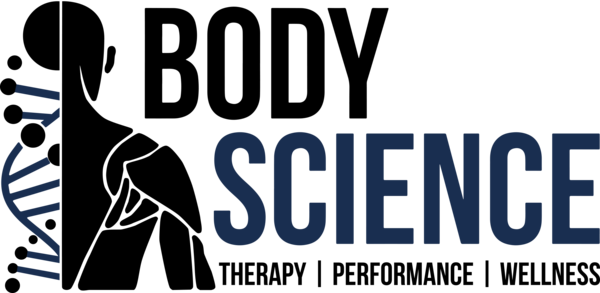
If you’re considering visiting a physiotherapist, you’re likely recovering from an injury of some sort. You may be suffering from pain and/or diminished function, mobility, or strength. The goal of the physiologists at Mississauga’s Body Science Therapy is to help end residual pain, stabilize your condition, and help you return to the level of pre-injury fitness you experienced before your injury. They intend to help you overcome such issues properly, safely, and quickly.
But how do you know if a physiologist is the right one for you?
What Qualifications are Needed to be a Physiotherapist?
The first thing you should be before meeting with a new physiotherapist is to check their qualifications. The decision to become a physiotherapist isn’t one most people take lightly; becoming a physiotherapist requires years of education.
Becoming a physiotherapist requires an undergraduate degree with a specific course of pre-requisites. The undergraduate degree is followed by a master’s degree from an accredited institution, during which students must become experts in the areas of pathology, anatomy, biomechanics, and physiology. A certification exam must be passed, and prospective physiotherapists are required to complete 1000 hours of hands-on training.
Physiotherapists moving into Canada from abroad are required to pass the Physiotherapy Competency Exam (PCE) to earn certification. This exam is administered by the Canadian Alliance of Physiotherapy Regulators, an organization that evaluates the qualifications of international physiotherapy graduates.
Each physiotherapist also chooses an area of specialization: orthopedics, neurology, or cardiorespiratory. Orthopedic specialists focus on helping patients with back pain, post-surgical rehabilitation, overuse injuries, and sports-related injuries. Those specializing in neurology work with patients with a history of cerebral palsy, head or spinal cord injuries, or stroke, while cardiorespiratory-based physiotherapists will help patients recover from illnesses and issues, including asthma, cardiac rehabilitation, cystic fibrosis, or pneumonia.
Ensuring your physiotherapist’s qualifications are up to snuff is crucial in finding someone who understands your unique circumstances and is educated in how best to assist you in your recovery.“What qualifications do you need to be a physiotherapist?” is a fair question to ask if someone’s qualifications are not obvious. You should feel comfortable visiting or calling as many clinics and offices as necessary to obtain the information that will allow you to make an informed decision.
Assessing a Physiotherapist’s Services and Treatment Methods
The services and treatment options offered will determine whether a physiotherapist is well suited to your needs.
During an initial session or consultation, the therapist should ensure they know all of your medical history—not just that which pertains to their work with you. And they should discuss with you before therapy even begins an individualized plan that is realistic and concrete that will be the roadmap to achieving your goals.
Other factors to consider/look for:
You should expect that the therapist you choose is the one you’ll work with during all your sessions.
- The therapist should guide you on any exercises or activities you should be doing at home to aid in your recovery.
- Their professional focus should be the specialty that most meets your needs.
- Their hands-on skills should be firm yet gentle; manual manipulation is pertinent to the healing of scar tissue and alleviating pain or inflammation. Their clinic or office should be well-accommodated with, if not the most cutting-edge equipment, at least that which is proven to be useful in helping patients heal and return to their maximum abilities.
- Insurance: You probably want to work with someone who accepts your insurance. Paying out of pocket is an option, but a single session can run into the hundreds of dollars.
And don’t forget …
Rapport and a comfortable, welcoming environment are also essential. When you find a physiotherapist you genuinely like and a clinic that feels warm and inviting, you’re much more likely to follow through with your therapy. And you’ll be closer with each session to achieving your recovery and fitness goals.
For more information or to book an appointment, click on the APPOINTMENTS button now, or call (905) 997-BODY (2639).
